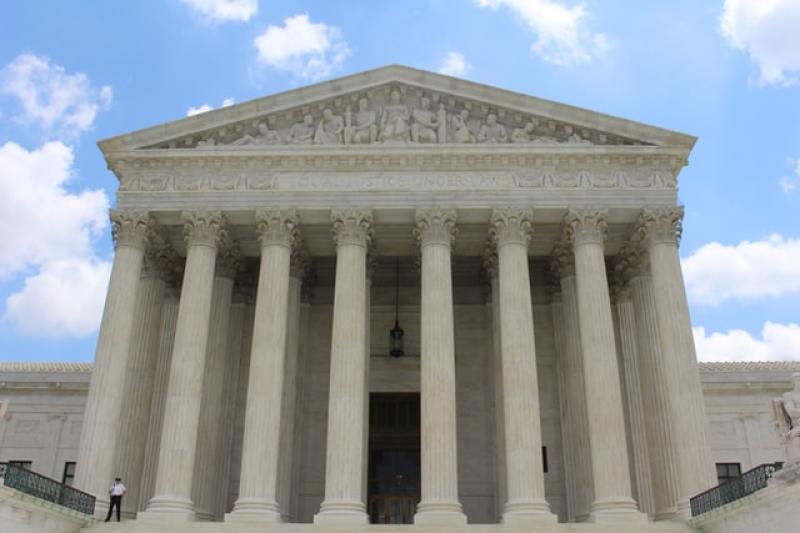
The Supreme Court ruled that a Pennsylvania school's disciplinary action for a student who posted a profane statement on social media violates her First Amendment rights.
Brandi Levy and her parents sued the Mahanoy Area School District for her suspension from the junior varsity cheerleading squad over a Snapchat rant. But in an 8-1 ruling, the high court declared that the school's punishment was inappropriate, The Christian Post reported.
In 2017, Levy applied to join the school's varsity cheerleading squad and as a right fielder on a private softball team. However, she was not accepted for both but was offered a spot on the junior varsity team of the cheerleading squad. In her frustration, she posted a photo of herself, alongside a friend, showing inappropriate gestures. She also captioned the image with words of profanity. Further, she made another statement relative to the matter.
One of her Snapchat "friends" took screen shots of her posts and reported her to the coaches. Holding that the posts violated the cheerleading team and rules of the school, the coaches suspended Levy from the junior varsity cheerleading team for a year. Her apologies failed to lift the school's suspension. As a result, Levy and her parents decided to bring the matter to court.
The Federal District Court and the Third Circuit Court of Appeals sided with the student, but the school district filed an appeal to the Supreme Court.
The high court's ruling for the Mahanoy Area School District v. B. L. case was released on Wednesday, favoring Levy.
The decision, authored by Justice Stephen Breyer, cited five factors, stating the school's violation of the student's rights.
First, it states that Levy's "posts are entitled to First Amendment protection."
Secondly, the circumstances of the student's speech "diminish the school's interest in regulation," given that it was made after school hours outside the campus, did not mention the school or identified any specific person and posted the statement using her personal cellphone to her private circle of social media friends.
Thirdly, the school's authority to punish the student for her vulgar language "weakened" since she made the statement off the campus "on her own time" and that the school has not presented "any general effort" preventing students from speaking such outside the classroom.
Fourthly, the discussion about Levy's statement did not cause disruption in the school's educational process, in accordance with the Tinker standard.
Finally, the student's action did not interfere "the school's efforts to maintain cohesion" on its cheerleading squad.
Justice Clarence Thomas dissented the decision. He said that "historically," schools have the authority to discipline students in circumstances such as Levy's.
He argued that the coach had the right to discipline the student since "the purpose and effect" of her speech was "to degrade" the cheerleading squad and its staff before other students, having the tendency to "subvert" the coach's authority.
After presenting some cases of "historical rules," Thomas declared that the Court "reache[d] the wrong result under the appropriate historical test," thus his dissent.






















